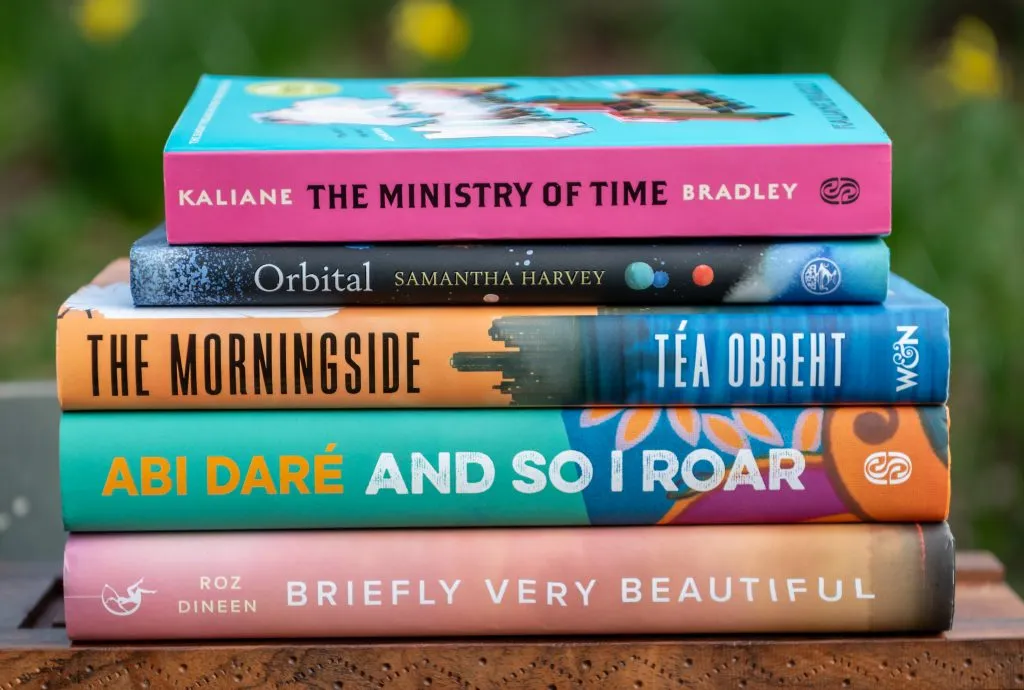Whilst the SolarPunk aesthetic and movement is more than science fiction, there is a lot of solarpunk/cyberpunk science fiction which provide ‘playgrounds for thought experiments’.
In other words, we can explore all sorts of issues around science itself through the medium of fiction.
Or to put it the other way round, the Guardian view on climate fiction is that it is no longer the stuff of sci-fi:
No novelist should ignore the climate emergency, Paul Murray, author of the bestselling novel The Bee Sting, told the Observer last year: “It is the unavoidable background for being alive in the 21st century.” In recognition of the vital role of literature in responding to the Anthropocene moment, this week the inaugural shortlist was announced for the Climate Fiction prize.
The five novels include Orbital by Samantha Harvey, set during one day on the International Space Station and the winner of last year’s Booker prize; time-travelling romcom The Ministry of Time from debut novelist Kaliane Bradley; eco-thriller Briefly Very Beautiful by Roz Dineen; And So I Roar, about a young girl in Nigeria, by Abi Daré; and a story of migrants in an abandoned city in Téa Obreht’s The Morningside…
The late Ursula K Le Guin wrote that the job of sci-fi was “to extrapolate imaginatively from current trends and events to a near-future that’s half prediction, half satire”. The job of the realist novel is to reflect the world in which we live. For a long time, the possibilities of environmental breakdown were largely considered too wild for the realism. As a result, climate fiction hasn’t been taken seriously enough. In The Great Derangement in 2016, Amitav Gosh argued that the failure of so many novelists, including himself, to address the most urgent issue of the age was part of a broader cultural failure at the heart of the climate crisis itself.
Freakish weather events are no longer the stuff of speculative fiction – “global weirding” is upon us. What was once dubbed “cli-fi” is simply contemporary fiction. Ecological anxiety is as much a part of the fictional worlds of a young generation of novelists like Sally Rooney as the internet and mobile phones.
The novels on the Climate Fiction prize shortlist do not conform to dystopian stereotypes. Some aren’t explicitly about the crisis. Some are even hopeful. Far from being a portrait of a world ravaged by disasters, Orbital, for example, is a hymn to the awe-inspiring beauty of our planet...
So, here’s introducing the Climate Fiction Prize Shortlist:

The Climate Fiction Prize shortlist has been announced, with the judges selecting five titles representing the depth and range of climate fiction on offer to readers. The titles, selected from the all-female longlist announced in November, encompass a range of genres, with each tackling the climate crisis differently. More information about each title can be found here.
They will be at the Hay Festival next weekend:
The full line up for Hay Festival has been announced, and features an in-conversation event with the winner of the Climate Fiction Prize and Owen Sheers. The event is on Friday 30 March, at 5.30pm; tickets are now on sale and can be accessed here.
…
